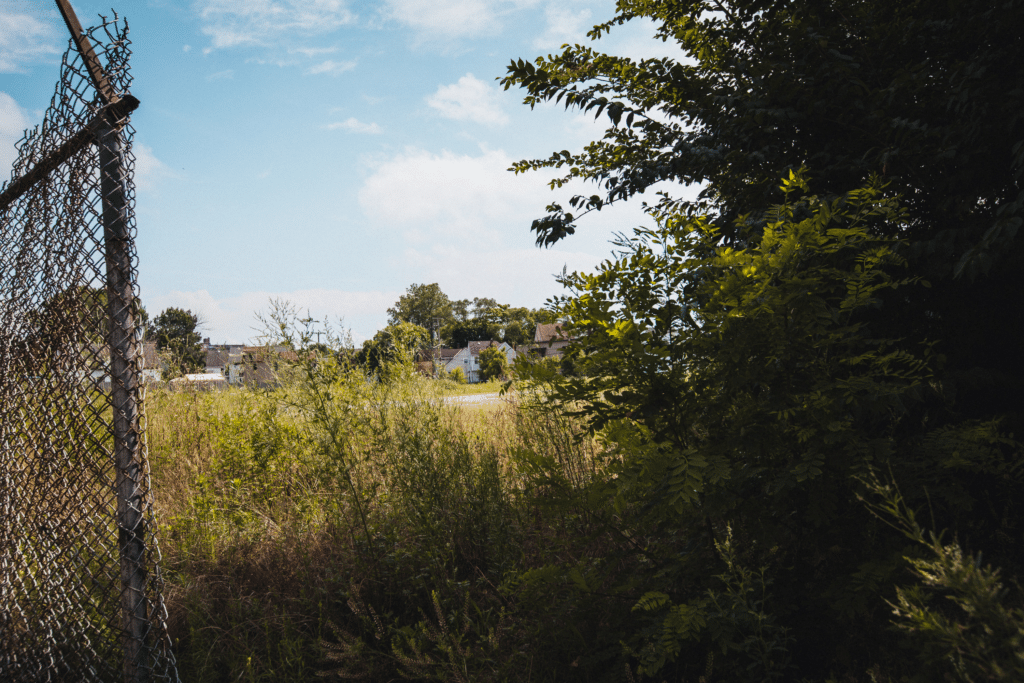Free Consultation
Free Consultation

In New York, property owners have a legal obligation to maintain a safe environment for visitors and tenants. This includes providing adequate security measures to prevent foreseeable harm, such as assaults, robberies, or other criminal acts. When property owners fail to fulfill this duty and individuals suffer harm as a result, victims may have grounds to pursue compensation through a premises liability claim. Understanding how to hold negligent property owners accountable for inadequate security is essential for those seeking justice and restitution for their injuries and losses.
Premises liability is a legal concept that holds property owners responsible for injuries and damages that occur on their premises due to negligence. Property owners owe a duty of care to individuals who enter their property, including guests, customers, tenants, and employees. This duty includes taking reasonable steps to maintain a safe environment and protect visitors from foreseeable dangers, including criminal acts by third parties.
To hold a property owner accountable for inadequate security, the plaintiff (injured party) must demonstrate that the property owner breached their duty of care by failing to provide reasonable security measures. This may involve showing that the property owner knew or should have known about the risk of criminal activity on the premises but failed to take appropriate action to address it. Evidence such as prior criminal incidents on the property, requests for increased security measures that were ignored, or inadequate lighting and surveillance can support the claim of negligence.
Inadequate security claims can arise in various settings, including apartment buildings, hotels, shopping malls, parking garages, and entertainment venues. Examples of security measures that property owners may be required to provide include:
When property owners fail to implement these security measures or take other reasonable precautions to protect visitors from harm, they may be held liable for injuries and damages resulting from criminal acts on their property.
Victims of inadequate security incidents in New York may be entitled to compensation for various damages, including medical expenses, lost wages, pain and suffering, emotional distress, and property damage. By filing a premises liability claim against the negligent property owner, victims can seek financial recovery for their losses and hold the responsible party accountable for their actions.
Navigating a premises liability claim involving inadequate security can be complex, especially when dealing with large property management companies or corporate entities. Consulting with an experienced personal injury lawyer who specializes in premises liability cases is crucial for ensuring that victims receive the full and fair compensation they deserve. A knowledgeable attorney can assess the circumstances of the case, gather evidence, negotiate with insurance companies, and advocate on behalf of the victim’s rights and interests.
In conclusion, victims of inadequate security incidents in New York have legal options for holding negligent property owners accountable for their actions. By understanding the principles of premises liability law and consulting with a skilled personal injury lawyer, victims can pursue justice and compensation for their injuries and losses. Holding property owners responsible for inadequate security not only provides financial relief for victims but also promotes safer environments for all individuals who frequent commercial and residential properties.